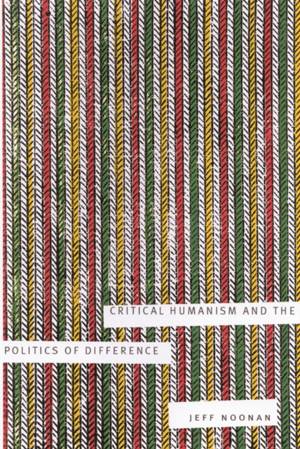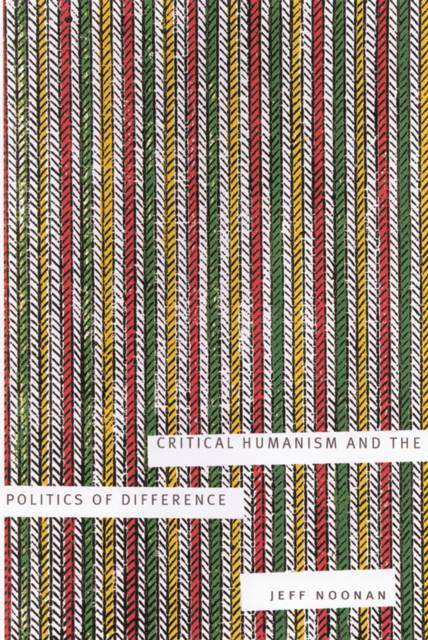
Bedankt voor het vertrouwen het afgelopen jaar! Om jou te bedanken bieden we GRATIS verzending (in België) aan op alles gedurende de hele maand januari.
- Afhalen na 1 uur in een winkel met voorraad
- In januari gratis thuislevering in België
- Ruim aanbod met 7 miljoen producten
Bedankt voor het vertrouwen het afgelopen jaar! Om jou te bedanken bieden we GRATIS verzending (in België) aan op alles gedurende de hele maand januari.
- Afhalen na 1 uur in een winkel met voorraad
- In januari gratis thuislevering in België
- Ruim aanbod met 7 miljoen producten
Zoeken
€ 156,95
+ 313 punten
Uitvoering
Omschrijving
The most influential theories of oppression have argued that belief in some shared human essence or nature is ultimately responsible for the injustices suffered by women, First Nations peoples, blacks, gays and lesbians, and colonised people and have insisted that struggles against oppression must be mounted from the unique and different perspectives of different groups. Jeff Noonan argues instead that such difference must be seen to be anchored in a conception of human beings as self-creative. Unless freedom and self-determination are accepted as universal values, the moral force of arguments against exclusion and oppression is lost. culture creates humans, is a concern to dethrone the modern understanding of human beings as subjects, as builders of their world and free when those world-building activities are the outcome of free choices. He explains that because the postmodern conception of human being does not capture what is universal in all humans it is incapable of critically responding to the forcible subordination of different cultures to European humanity. When oppressed groups explain why they struggle against oppression, they invoke just that idea of human being as subjectivity that postmodern philosophy claims is the basis of oppression. Noonan argues that the voices of cultural differences, when they struggle against the forces of hatred and exclusion, do not ground themselves just in the particular value of their culture but in the universal value of human freedom and self-determination.
Specificaties
Betrokkenen
- Auteur(s):
- Uitgeverij:
Inhoud
- Aantal bladzijden:
- 200
- Taal:
- Engels
Eigenschappen
- Productcode (EAN):
- 9780773525788
- Verschijningsdatum:
- 5/09/2003
- Uitvoering:
- Hardcover
- Formaat:
- Genaaid
- Afmetingen:
- 161 mm x 236 mm
- Gewicht:
- 399 g

Alleen bij Standaard Boekhandel
+ 313 punten op je klantenkaart van Standaard Boekhandel
Beoordelingen
We publiceren alleen reviews die voldoen aan de voorwaarden voor reviews. Bekijk onze voorwaarden voor reviews.









